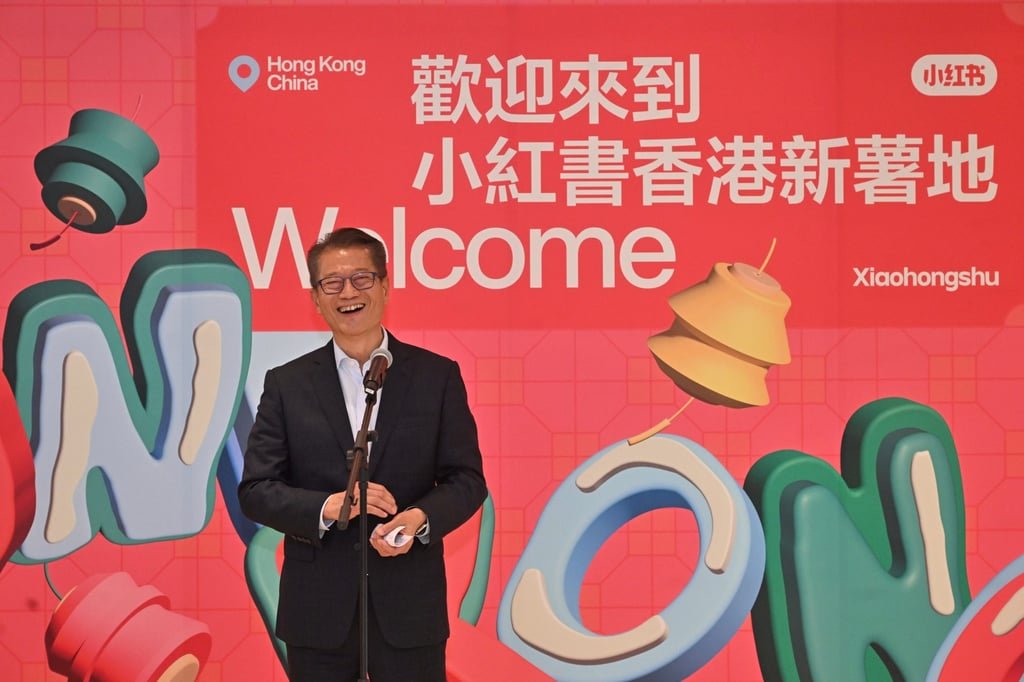Stablecoin regulation in Hong Kong has officially entered uncharted territory. The city’s Legislative Council passed the Stablecoins Bill on 21 May 2025, creating what may be Asia’s most aggressive attempt yet to regulate the $170 billion stablecoin market.
But here’s the thing: while Hong Kong positions itself as crypto-friendly, this new law imposes some of the strictest requirements globally for stablecoin issuers. The question isn’t whether this framework will work—it’s whether it will actually attract the innovation Hong Kong claims to want, or simply create another compliance hurdle that benefits only the biggest players.
What are stablecoins and why do they matter?
Stablecoins are cryptocurrencies designed to maintain stable value by being pegged to reference assets, typically fiat currencies like the US dollar or Hong Kong dollar.
Unlike volatile digital assets such as Bitcoin, stablecoins offer price stability – making them attractive for cross-border payments and remittances – and as a bridge between traditional finance and the cryptocurrency ecosystem.
The global stablecoin market has grown substantially, with industry observers noting their potential to revolutionise payment systems. “Stablecoins have the potential to shorten the time for cross-border payment from days to minutes,” said Teddy Liu, CEO of Jingdong Coinlink Technology, highlighting the efficiency gains these digital assets can provide.
Key provisions of Hong Kong’s stablecoin law
Licensing requirements
Under the new Hong Kong stablecoin regulation framework, any person conducting business involving FRS issuance in Hong Kong must obtain a license from the Hong Kong Monetary Authority (HKMA).
This requirement extends to stablecoins that maintain stable value with reference to Hong Kong dollars, regardless of where they are issued globally.
The legislation defines regulated activities broadly, covering not only direct issuance but also the offering of specified stablecoins and related advertising. Unauthorised activities in these areas constitute criminal offences under the new law.
Financial and operational standards
Licensed issuers must meet stringent criteria, including:
- Minimum capital requirements: HK$25 million in paid-up share capital or equivalent financial resources
- Reserve asset management: Maintaining high-quality, liquid reserves with minimal investment risks, segregated from other assets
- Redemption guarantees: Processing stablecoin holders’ redemption requests at par value without unreasonable conditions
- Risk management systems: Implementing comprehensive controls for anti-money laundering, conflict management, and business continuity
Consumer protection measures
The law prioritises user protection through several mechanisms. In cases of issuer insolvency, stablecoin holders gain direct rights to reserve assets for redemption purposes on a pro-rata basis. Additionally, only licensed institutions may offer FRS to retail investors, and only advertisements for licensed FRS issuance are permitted.
Industry response and market implications
The passage of Hong Kong stablecoin regulation has generated significant interest from mainland Chinese institutions and companies. According to the South China Morning Post’s report, analysts at Citic Securities noted that the new framework could facilitate mainland companies’ real-world asset (RWA) tokenisation projects in Hong Kong, with stablecoins serving as stabilising tools to increase market liquidity.
“Hong Kong has entered a stage of accelerated growth of tokenised RWAs,” wrote Ying Ying, an analyst at Chinese brokerage CSC Financial, indicating the broader implications beyond stablecoins themselves.
Several major companies have already positioned themselves to capitalise on the new regime. Jingdong Coinlink Technology, a subsidiary of e-commerce giant JD.com, participates in Hong Kong’s stablecoin sandbox program and plans to issue stablecoins pegged to both Hong Kong and US dollars, pending Beijing’s approval for offshore yuan-pegged versions.
Regional and global context
Hong Kong’s comprehensive approach to stablecoin regulation positions it ahead of many regional competitors. While jurisdictions like Singapore and Australia have relied primarily on existing legislation and soft law instruments, Hong Kong has created a dedicated regulatory framework.
The timing coincides with similar regulatory movements globally. The US Senate has advanced its stablecoin legislation, the Genius Act, focusing on these assets during the same period Hong Kong passed its bill.
Legal experts view Hong Kong’s initiative as potentially influential beyond its borders. As noted in an analysis by Mayer Brown, “Hong Kong’s initiative may serve as a benchmark for regional regulatory standards and inform compliance strategies for businesses moving forward.”
Challenges and criticisms
Despite the positive reception, the new Hong Kong stablecoin regulation framework faces some criticism. Legal analysts acknowledge that strict licensing requirements and compliance costs could burden smaller or emerging stablecoin issuers, potentially stifling innovation in the sector.
The comprehensive regulatory approach reflects lessons learned from past stablecoin failures, particularly the 2022 collapse of TerraUSD, which revealed vulnerabilities in stablecoin ecosystems and prompted calls for regulatory oversight globally.
Implementation timeline and next steps
The Stablecoins Ordinance is expected to take effect later in 2025, providing the industry with time to understand and prepare for compliance requirements. The HKMA will conduct further consultations on detailed regulatory requirements, ensuring stakeholders can adapt their operations accordingly.
The legislation includes transitional arrangements to facilitate license applications and business adjustments. During the six-month non-contravention period, only advertisements for licensed FRS issuance will be permitted, emphasising the government’s commitment to preventing fraud and protecting consumers.
Looking ahead: Hong Kong’s digital asset ecosystem
Government officials have outlined ambitious plans extending beyond stablecoins. Secretary for Financial Services and the Treasury Christopher Hui emphasised that the ordinance “lays a solid foundation for Hong Kong’s virtual asset market, which, in turn, promotes the sustainable development of the industry.”
Following the implementation of a virtual asset trading platform and stablecoin issuer regulatory regimes, the government plans to launch consultations on virtual asset over-the-counter and custodian services, along with a second policy statement on virtual asset development.
Hong Kong Monetary Authority Chief Executive Eddie Yue described the framework as “risk-based, pragmatic, and flexible,” designed to support the “healthy, responsible, and sustainable development of Hong Kong’s stablecoin and the broader digital asset ecosystem.”
While implementation challenges remain, the comprehensive framework positions Hong Kong as a serious contender in the global race to become a leading virtual asset hub. The legislation’s success will likely depend on its practical implementation and the industry’s ability to adapt to new compliance requirements while maintaining the innovation that makes stablecoins attractive for cross-border payments and digital finance applications.
(Photo by Ruslan Bardash )
See also: Australia sets limits on crypto ATM use amid rising scam concerns


Want to learn more about blockchain from industry leaders? Check out Blockchain Expo taking place in Amsterdam, California and London.
Explore other upcoming enterprise technology events and webinars powered by TechForge here.
Tags: blockchain, cryptocurrency








